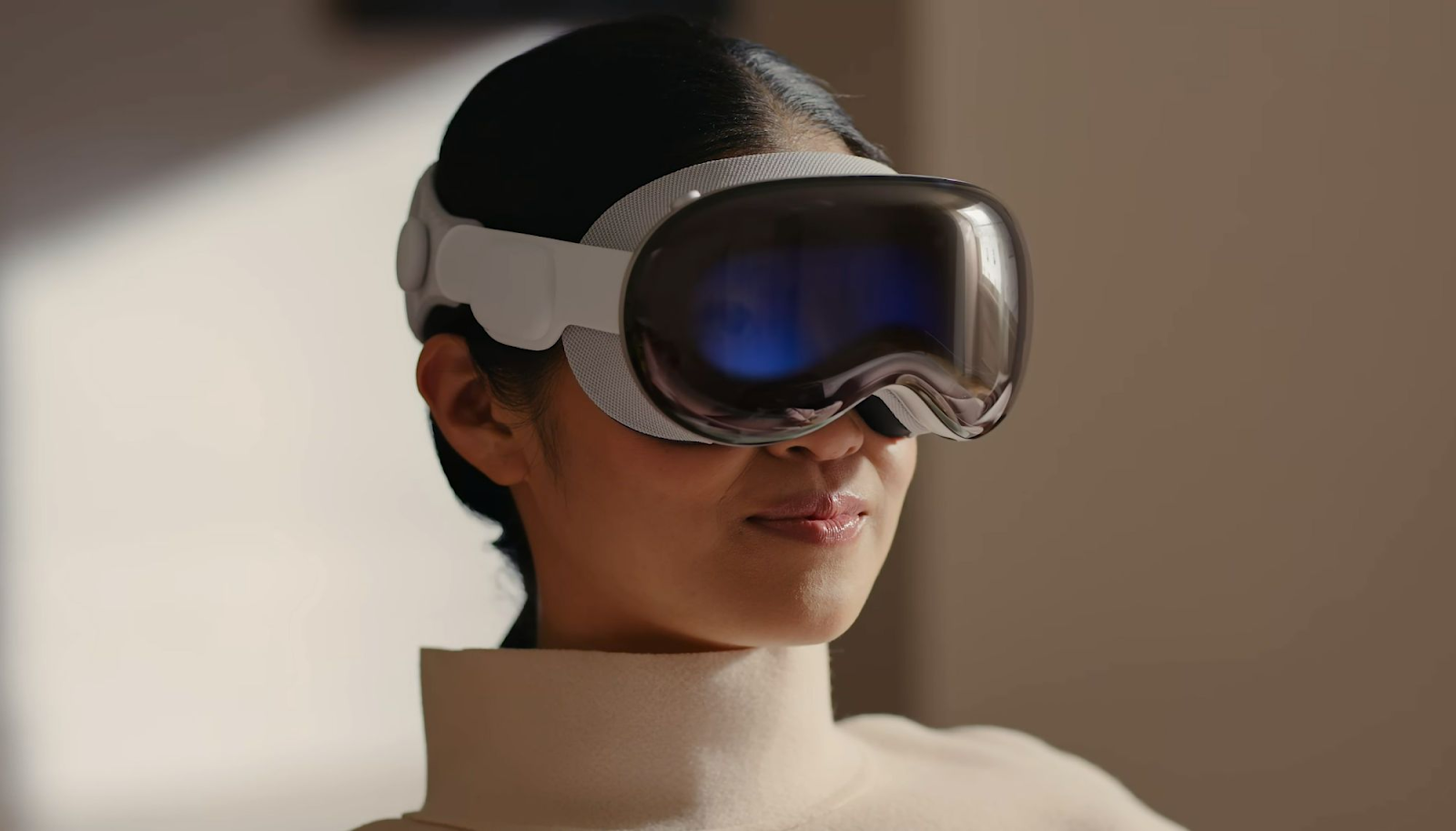My New Opinion on Blogging and Word to Future Students
Now that I have gotten a chance to use Blogger as part of my class experience, I wanted to share my thoughts about using this tool and about blogging in general. Before this class, I had never written a blog before. For that matter, I rarely ever read blogs.
As someone who has dyslexia, I have never enjoyed reading for fun or for school. Instead, I prefer to get my information from videos or audio. Also, although blogs can be full of information, it is sometimes hard to tell if the writer is credible. This being said, most professors I encounter discourage blogs as a source for papers and presentations. However, after blogging, I have seen how important it can be.
First, I think blogging was a fun experience purely for the fact that I felt like a news journalist. Instead of writing my blogs to get a good grade, I took this opportunity to pretend that the whole internet would see my blogs. I wrote to an unknown audience and I had to assume that they knew nothing of what I was writing about. Therefore, this allowed me to work on professional writing and ensure that I gave context when needed. This made me feel productive because I was practicing writing useful to my career rather than the academic style I learned in school. I really liked the ability to express my opinions through my writing and use my work to persuade possible readers.
However, blogging also came with its challenges. Although I loved professional writing in this class, up until this point in my life, I was only used to doing academic writing which made the beginning of this class difficult for me. In fact, on my first blog, I spent a good hour or two reading random blogs and news articles to figure out what makes professional writing different than academic.
On the other hand, I found the outreach of blogs impressive. One of my major takeaways from this semester were the two websites Professor Smith gave the class as examples for an assignment. Specifically, I found antiwar.com fascinating. This website is formatted just like class blog posts. Also, they have an open submission form where anyone can have a chance to have their writing posted on the website. I believe websites and blogs like these help shed light on issues not covered by the major news networks.
I think these websites are important because they help spread awareness about ideas, opinions, and movements that not everyone agrees with. They also give anyone, including you, a way to express your beliefs to the public. In this way, I think blogging gives suppressed people a sense of empowerment to persuade people to their beliefs and to express themselves. In the same way, blogging can be a tool to rally people together and shed light on the wrongdoings of the government or other organizations. I believe blogging can help hold people accountable for their actions.
Altogether, I think blogs are a powerful tool for free speech and spreading information and opinions. Personally, I think using Blogger this semester has been a great way to practice my writing skills, learn about alternative ways to reach the news, and learn from people who are not like me.
To future students keeping a blog throughout the semester, my suggestions are to read news articles and blogs. I find that one of the best ways to learn is to learn by example. I also suggest scheduling every week to have blogging time because, especially since my class was in the last half of the semester, the writing added up quickly. Finally, I suggest having fun with the blogs and pretending you are a journalist. It make the blogs not feel like chores, and it also helps you keep in mind who your audience is while you write. Overall, blogging has been a great experience for me and has altered my perception of it throughout the semester.






.jpg)























